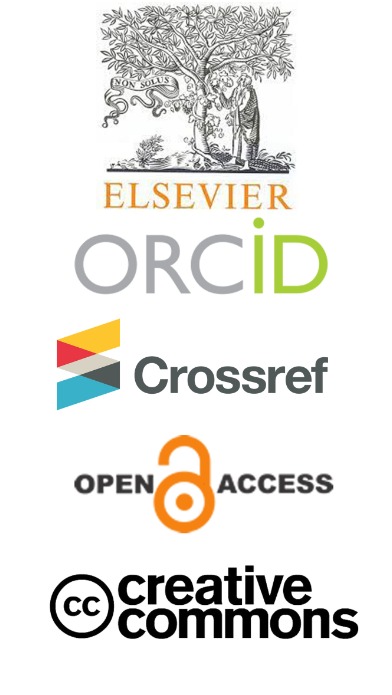Ethical Issues of Military Interpreters in the Front Lines: Challenges and Borders
Keywords:
conflict zones; ethical issues; military interpreters; peacekeeping missionAbstract
The study aimed to investigate the ethical issues experienced by military interpreters in
conflict zones. Qualitative data collection and analysis methods were used to answer the
research question. Fifteen professional military interpreters working for peacekeeping mission
and U.N. agencies in Yemen made up the study sample, randomly selected. A focus group
discussion tool is used to identify the ethical issues that military interpreters experience when
working in conflict zones. This study was carried out during the ongoing armed conflict in
Yemen 2020–2021. The study results showed that military interpreters in conflict zones faced
several ethical issues, including major and minor issues, such as confidentiality, accuracy and
competency, impartiality, neutrality and integrity, social and cultural norms, gender bias, etc.
The study concluded that military interpreters experienced several ethical issues that may
impede the progress of their work. These findings led to several recommendations for all
conflict parties, peacekeeping missions, U.N. agencies, universities, and research centres.



